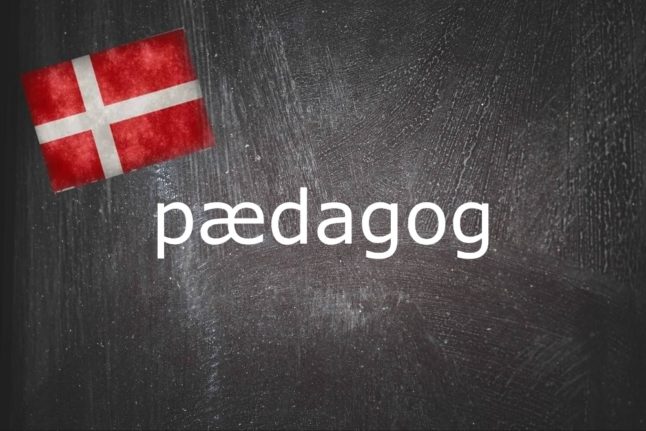What is at slå på tråden?
The literal meaning of this phrase is “to hit on the thread”. Of course, it has nothing to do with making flirtatious advances towards a piece of string, or striking some yarn, but figuratively means to make a telephone call.
Given the informal, familiar tone of the expression, it can be thought of as a Danish equivalent to “give you a call”, “ring me”, “give me a bell” or any other way you can think of saying “make a telephone call”.
Why do I need to know at slå på tråden?
It’s a phrase that is still used in everyday conversation, although perhaps more so by older generations. But what makes at slå på tråden (in my opinion) a charming expression is the fact that it is technologically obsolete.
This is because it comes from the use of cables (another meaning of the word tråd, although kabel is also used for “cable”) in old-fashioned telephone connections, or even from pre-telephone times.
The expression is said to have its roots in times when a telegraph operator would send a message by tapping morse code signals, which were transmitted as electrical impulses through cables. So you would have literally had to “hit a cable” if you wanted to send a message.
The modern equivalent of morse code — an SMS — is now wireless, just like phone calls. But the phrase at slå på tråden endures despite the fact it will make little sense to those who have only seen a cable attached to a phone when it is charging.
Examples
Vi kan lige mødes til en øl på fredag. Jeg slår på tråden, når jeg får fri.
We can meet for a quick beer on Friday. I’ll give you a ring when I get off work.
Slå lige på tråden, når du er kommet godt hjem.
Give me a quick call when you’ve arrived home safely.



 Please whitelist us to continue reading.
Please whitelist us to continue reading.
Member comments